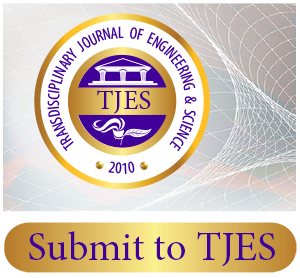Evolution and characteristics of the transdisciplinary perspective in research: a literature review
Abstract
In this documentary investigation, we review literature about the transdisciplinary perspective (TD) to generate knowledge, locating its origin, evolution and characteristic features. It is found that: i) This origin is located in France and the United States, although some characteristic features related to self-knowledge, participatory research and the unity of knowledge, were proposed before the creation of this TD term introduced in 1970. ii) The concept of transdisciplinarity has evolved over time involving a transition of vision towards the application of perspective to investigate. Switzerland was the first country to apply the transdisciplinarity in research in the 1990s. iii) The key world events that gave impetus to the transdisciplinarity are the world (1994) and Zurich (2000) congresses, as well as the special edition entitled “the foundation of Academy of Transdisciplinary Learning of Advanced Studies (ATLAS)” of the Journal "Futures" (2004) and the 10th anniversary edition of the Transdisciplinarity Journal of Engineering & Science (TJES) in 2010. iv) the main features of transdisciplinary research are: a) research for society and with society, i.e. participatory research, b) scientific research under systemic thinking, c) communication of results to the scientific community and disseminated to non-scientific population. v). The number of transdisciplinary research publications have increased over time, along with the quantity of authors per publication and citations thereof. Some contributions from the 90s were the most impactful due to the number of cites today. The transdisciplinary approach could be the best pathway to develop research in Latin American countries and the world, for solving the diverse problems of society.


